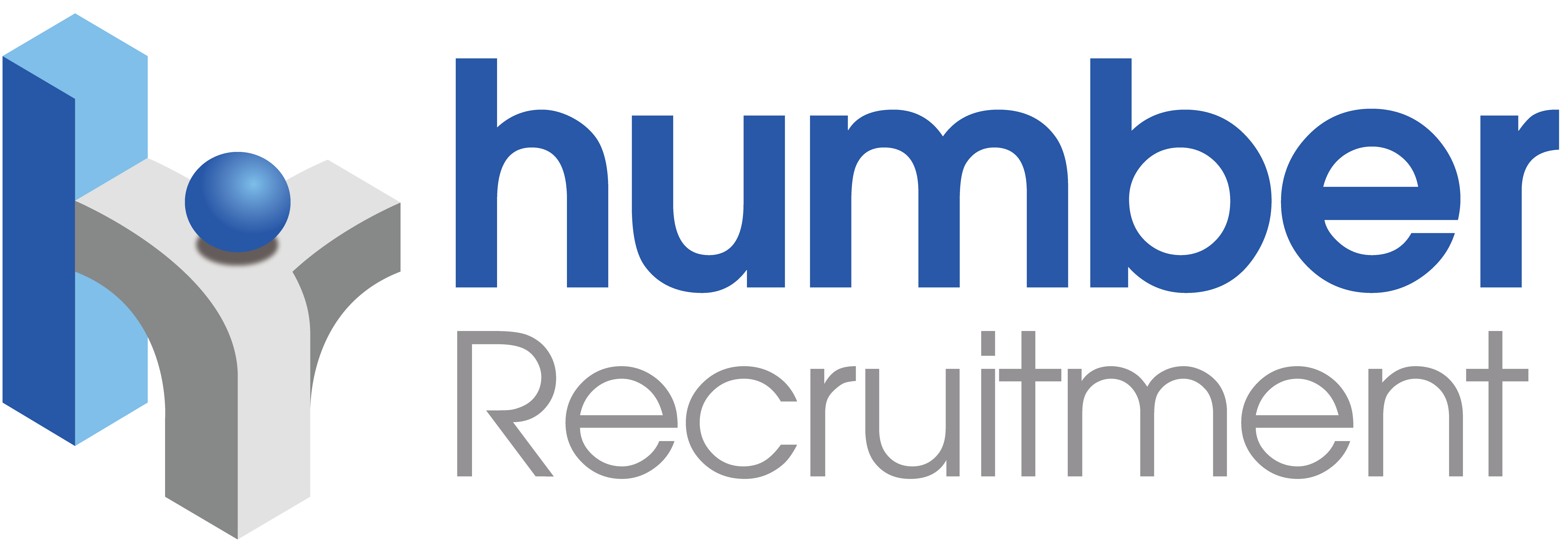
So, the fantastic team at Humber Recruitment have helped you get a job interview. Congratulations!
In today’s competitive job market, smashing a job interview requires more than just showcasing your qualifications.
It demands preparation, confidence, and strategic thinking. Whether you’re a seasoned professional or a graduate straight out of education, mastering the interview process is essential for landing your dream job. Here are 10 top tips to help you succeed before, during, and after your next job interview.
Before the Job Interview:
- Research, Research, Research!: Gain a comprehensive understanding of the company’s history, culture, products, and/or services. Using resources publicly available such as the company website, annual reports, and news articles will allow you to familiarise yourself with their mission, values, and recent achievements. Being in a position to demonstrate knowledge about the company during the interview shows your genuine interest and enthusiasm for the position and the organisation you’re interviewing for.
- Prepare Your Responses: Anticipate common interview questions and prepare thoughtful responses that highlight your skills, experiences, and achievements. Before the date of your interview, be sure to practice your answers or with a friend to refine your delivery and boost your confidence. Additionally, be ready to discuss how your qualifications align with the job requirements and contribute to the company’s goals.
- Dress Appropriately: It’s ideal to choose professional attire that reflects the company’s culture and industry standards. Whether it’s a formal suit or business casual attire, make sure your outfit is clean, well-fitted, and makes you feel confident. Pay attention to the more intricate details, such as neat hair, trimmed nails, and minimal accessories, to present a polished appearance.
- Bring Necessary Documents: Prepare a professional portfolio containing copies of your resume, cover letter, and any other relevant documents. Be sure to organise them neatly in a folder or briefcase for easy access during the interview. Additionally, bring a pen and notepad to jot down important points or questions during the conversation. It is also advisable to bring along notes that you have prepared to help you when you arrive on-site, which we will discuss in the next point.
- Arrive Early: Remember that first impressions count! With that in mind, plan to arrive at least 10 to 15 minutes before your scheduled interview time. This will help demonstrate reliability and respect for the interviewer’s time. These extra minutes will allow you the opportunity to calm your nerves, review your notes, and mentally prepare yourself.
During the Job Interview:
- Make a Strong First Impression: Start the interview on the right foot by greeting the interviewer with a firm handshake, maintaining eye contact, and offering a genuine smile. Project confidence, enthusiasm, and professionalism through your body language and tone of voice. Remember to address the interviewer respectfully and use their name when appropriate.
- Listen Carefully and Engage: Actively listen to the interviewer, continuously make a mental note, and be prepared for any questions and how to respond thoughtfully. Avoid interrupting or taking over the conversation. Instead, demonstrate your listening skills by paraphrasing questions, providing relevant examples, and asking clarifying questions when needed. Engage in meaningful dialogue that showcases your qualifications and fit for the role. Remember, this is a two-way conversation.
- Showcase Your Skills and Accomplishments: Use specific examples from your past experiences to demonstrate your skills, accomplishments, and problem-solving abilities. Look for opportunities to discuss your accomplishments where possible to highlight your impact and contributions.
- Ask Intelligent Questions: Prepare a list of insightful questions to ask the interviewer about the company, team dynamics, job expectations, and growth opportunities, both for the company itself and for yourself in the position you’re interviewing for. Asking thoughtful questions demonstrates your genuine interest in the role and company while also providing valuable insights into the company culture and expectations. Avoid questions about salary or benefits until later stages of the interview process. Although these are, of course, important to you, you do not want the interviewer to think that this is your sole motivation. Be sure to read Indeed’s list of the best questions to ask after a job interview.
- Express Gratitude and Follow-Up: Conclude the interview by expressing gratitude for their time and the opportunity to discuss the role. Reiterate your interest in the position and inquire about the next steps in the hiring process. If you haven’t already, be sure to obtain the interviewer’s contact information and send a personalised thank-you email within 24-48 hours. Use this opportunity to express appreciation for their time, reinforce your interest in the role, and briefly reiterate your qualifications.
By following these 10 top tips before, during, and after your job interview, you can enhance your confidence, showcase your qualifications, and leave a lasting impression on potential employers. With preparation, practice, and perseverance, you’ll be well-equipped to navigate the interview process and land your ideal job opportunity.
